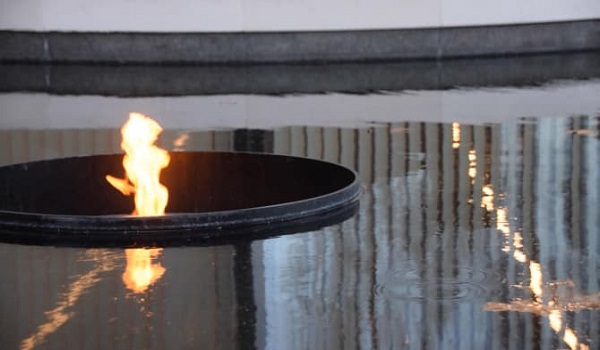New temporary location for Salisbury police station in nerve agent clean-up
Police services in Salisbury are facing major upheaval as a multi-million-pound contamination project gets underway to clean-up the after-effects of the nerve agent attack.
Police services in Salisbury are facing major upheaval as a multi-million-pound contamination project gets underway to clean-up the after-effects of the nerve agent attack.
The city’s main police station – which shares its Bourne Hill office premises with Wiltshire Council – has been closed for up to eight weeks.
The police enquiry desk has been moved – with slightly more restricted opening hours on a five-and-a-half-day roster – to nearby Salisbury Library.
The city’s Community Policing Team will work out of Five Rivers Health and Wellbeing Centre during the temporary arrangements with police teams at Amesbury, Alderbury and Wilton stations also affected.
The decontamination work is being carried out at nine locations after toxic ‘hotspots’ were discovered following the poisoning of former Russian spy Sergei Skripal and his daughter Yulia on March 4.
Mr Skripal, 66, and his 33-year-old daughter were left in a critical condition after being found unconscious on a city centre bench. Wiltshire Police officer Detective Sergeant Nick Bailey, a first responder to the couple, was also left in a serious condition.
Both Ms Skripal and the officer have been allowed home from hospital but Mr Skripal is still being treated. He is recovering more slowly but is expected to eventually be discharged.
A small amount of the nerve agent Novichok – in liquid form – is believed to have been used to target Sergei and Yulia Skripal.
The UK government says the military-grade nerve agent of a type developed by Russia was used in the attack, although Moscow totally denies any involvement.
Chief scientific adviser for the Department for Environment, Food and Rural Affairs (DEFRA) Ian Boyd has told a public meeting to make an assumption that in certain circumstances there will be relatively high concentrations of the nerve agent, probably in very, very specific locations, which could be at levels that could be toxic to individuals.
The evidence room and two lockers inside the police station, sealed off after the attack, will require testing and the removal of items and cleaning. Other areas to be treated include the home of Det Sgt Bailey, two ambulance stations and a car compound.
Mr Skripal’s home – where the highest concentrations were found – will be the last site to be decontaminated.
Experts say the nerve agent does not evaporate or disappear over time and intense cleaning with caustic chemicals is required to get rid of it.
Almost 200 military personnel will help with the decontamination work, which is expected to cost millions of pounds.
Wiltshire Deputy Chief Constable Paul Mills said: “Our number one priority is to bring the potentially contaminated sites back into use as soon as possible.
“This has been an unprecedented situation in Salisbury and working with the council and other local and national agencies we are supporting the work that’s required to help Salisbury recover and return to normal.
“We are continuing to work to ensure that any impact on the delivery of frontline policing services in the city as a result of this temporary relocation is kept to a minimum.”
Moving to Salisbury Library means the police enquiry office will lose five hours in the opening times per week.
A Wiltshire force spokesperson told <i>Police Professional</i>: “We recognise that temporarily moving the police enquiry desk to Salisbury Library and a slight difference in the opening hours will be an inconvenience to some.
“However, this will be for a relatively short period and we must be in line with the opening hours of the building.
“We very much appreciate the patience and understanding of the community and hope to keep any disruption to a minimum.







